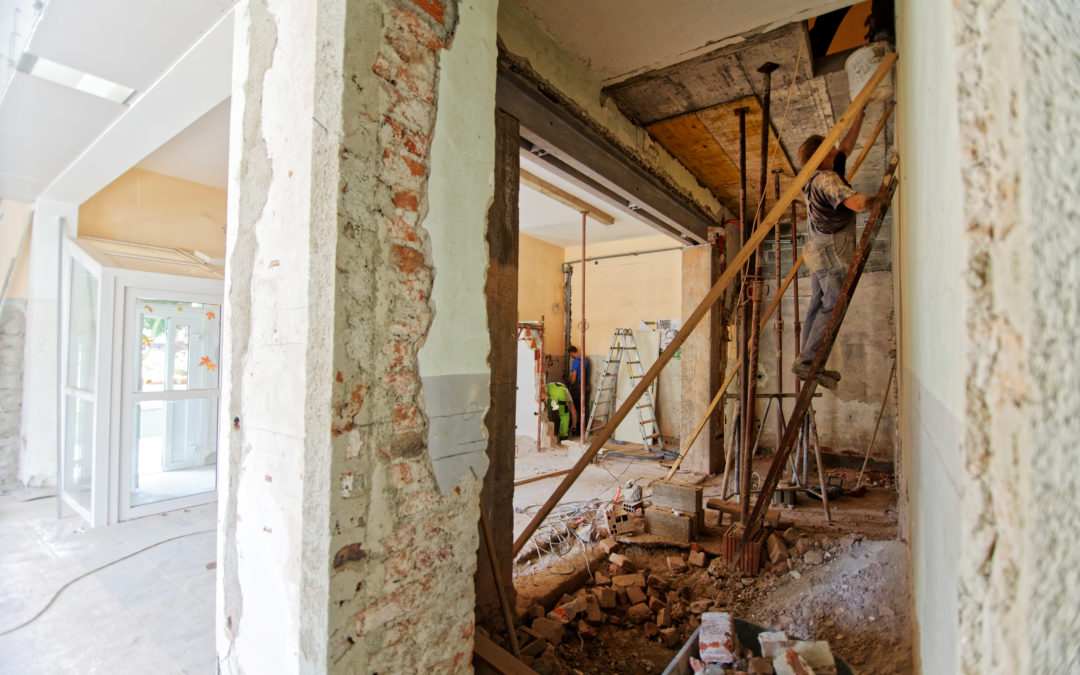According to the 2019 Remodeling Impact Report, Americans spend over $400 billion on home improvements annually. Making upgrades to the kitchen, bathrooms, and refurbishing the basement are some of the most common changes homeowners make to their property, each with their own costs and ROI. Remodeling can be a good investment, not just in terms of the property value, but also in the quality of a homeowner’s life. So having a careful financial plan for your home renovation can help you gain more than just your money’s worth. Here are a few tips:
Do: Align your budget with your financial situation
You won’t make the most out of your investment if you don’t plan according to what you can afford. Research cost estimates for your specific projects. Figure out how much you can afford, and then decide what you’re willing to pay for. Have a detailed budget to help you figure out which improvements can give you the biggest ROI.
Determining how you can increase your home’s value is also something a financial planner can help you with, so consider hiring one as part of your investment. Look for professionals with a financial services degree, many of whom end up working in personal financial advising, as they are trained in giving you investment advice. Your home is your investment, so determining how you can increase its value is something a financial planner can help you with. For instance, financial expert Terri Bennet explains that you can fund renovations through home improvement loans, while you can pay off others with plastic. This ultimately depends on the extent of your renovations as well as your financial situation. So, knowing what options are good for you can help you steer clear of debt later down the line and actually get your money’s worth.
Don’t: Assume everything is going to go 100% right
It’s very unlikely that a home renovation will go 100% smoothly. You might discover faulty structures you hadn’t noticed before. Therefore, you will need to set aside a portion of your budget for unexpected expenses. Be prepared to set aside up to 20% of your total expected cost as a buffer for contingencies. Experts also recommend budgeting at least 30% of your total expected costs if you’re renovating an older house.
Don’t: Charge big-budget renovations to your credit card
Credit cards tend to have high-interest rates, making them one of the most expensive options for borrowing money. They’re only advisable for lower-cost purchases, or if you’re sure you can complete your payment within less than two months. For instance, you can use it to purchase new faucets in your kitchen, which experts say can add real value to a renovation. But don’t charge your entire remodel to your credit card, as it can make your debt build up quickly.
Do: Pick the best payment method for your circumstances
Paying with cash is always the best option, as it prevents you from accruing further debt. However, if your budget calls for out-of-pocket costs that you cannot save up for within your ideal timeframe, there are still many available, low-risk options for funding your home renovation. If you have equity in your home, you can opt for either a home equity loan or a home equity line of credit (HELOC). The two differ in how the loan is distributed. Home equity loans come as a lump sum of cash, making them good options for large, one-time expenses. HELOCs, on the other hand, offer access to a revolving source of funds. These are more ideal if you’re looking to make several payments over an extended period of time.
Interest rates for HELOCs and home equity loans are lower because you’re using your home as collateral. Using HELOCs and home equity loans specifically for home improvement will give you a higher return on investment, as you’re increasing the value of your source of equity. Personal loans are also an option for less costly renovations. At the cost of higher interest rates, you lose the risk of having your home foreclosed.
Improving your home always comes at a cost but proper planning can help ensure you get a return on your investment. Consult with professionals—be they financial planners or contractors—and consider your needs and wants to accurately determine the best options for funding your renovation.
Written by Alysha Venus Croft
Exclusive for theremodelgroup.com
Image credit: https://images.unsplash.com/photo-1517581177682-a085bb7ffb15

